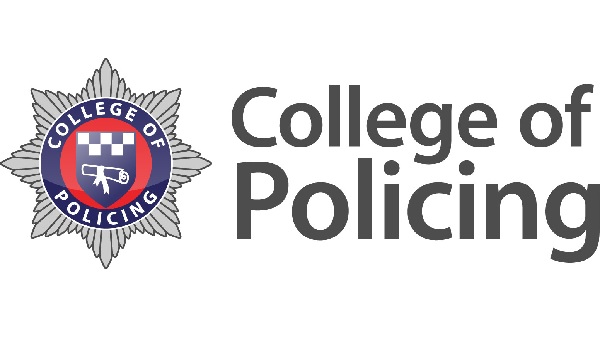College launches new vetting standards for officer recruitment
A code to improve consistency in the way background checks are carried out across all 43 UK police forces has been given the authority of Parliament.
A code to improve consistency in the way background checks are carried out across all 43 UK police forces has been given the authority of Parliament. The new Vetting Code of Practice was laid in Parliament on Friday (October 13), which means chief constables must now abide by it. The College of Policing said the new code will bring greater consistency to background checks in policing as the same standards will be applied to an applicant regardless of the force they join. Those applying must undergo checks on their criminal history, police intelligence, residency checks and financial position. Applicants who are subject to a vetting rejection have a right of appeal to a person other than the initial decision-maker. The College has created training for vetting staff and published Authorised Professional Practice (APP) outlining the levels of vetting required depending on the roles. Police vetting is used by every force to ensure the service is not exposed to potential risks and that only suitable people are employed as officers and staff. Jackie Alexander from the College said: The public expects everyone in policing ¬ from volunteers to staff to constables to its leaders to act with integrity, and to be the most suitable people to be entrusted with the responsibly that policing holds. Helping forces implement, achieve and maintain appropriate standards in vetting is integral to assessing a persons integrity and suitability to policing, while also ensuring the process is proportionate. The new Vetting Code of Practice sets the standards that will bring greater consistency across the police service, and as a code laid in parliament, it will carry more weight than guidance alone. The code is something that those involved in vetting have wanted and I am pleased that it has now been provided to them. Chief Constable Martin Jelley, national lead for vetting, added: Vetting is an integral part of a police forces framework of ethics and professional standards and is one part of protective security policies designed to assist in the identification and assessment of potential threat, risk and vulnerability. It assists with identifying individuals who are unsuitable to work within the police service, which in turn assists in safeguarding the public. “The vetting code now puts these policies on a statutory footing, while the accompanying Approved Professional Practice has been developed to help implement and maintain consistent national standards across all UK forces. The latest vetting code was introduced by the Association of Chief Police Officers now the National Police Chiefs Council and all officers are expected to undergo retrospective checks. In May, a Freedom of Information request revealed out of the 17 forces that answered, around 14,000 police officers in England, Wales and Northern Ireland had not been vetted in line with the most recent policy. Northumbria Police admitted almost 3,000 of its officers had not undergone up-to-date checks. Within the new code, the College said all police personnel should be subject to periodic background checks in accordance with APP on vetting. Home Secretary Amber Rudd, said: It is absolutely right that the public have high expectations of the police given the very special position of trust they hold in our society, keeping us safe and protecting vulnerable people. Confidence in the police remains high, but our officers must be beyond reproach. This is why it is right that a custodial sentence is a barrier to joining the police and there is consistent guidance about when discretion for minor offences should be used.


